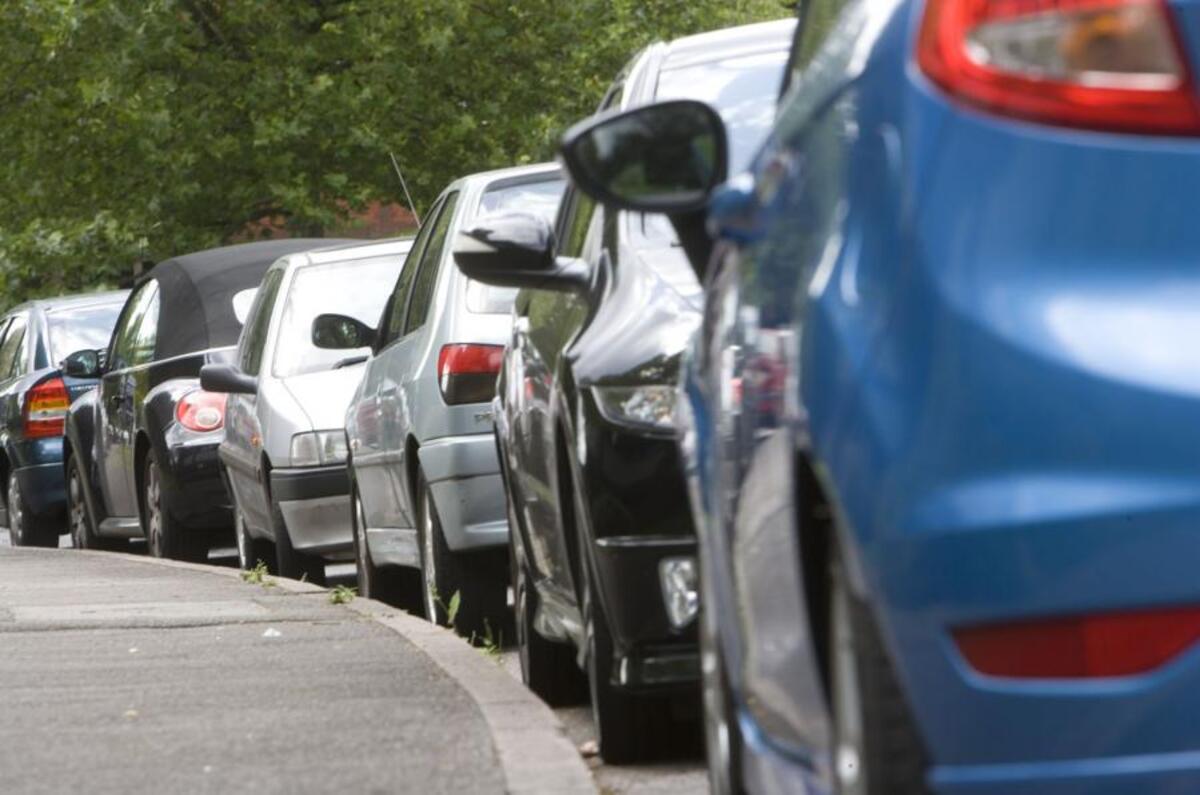London’s motorists have been warned that they face “aggressive action" and that "diesel is being targeted" as Transport For London (TfL) and the Mayor of London set out a strategy to eliminate vehicle emissions by 2050.
The long-term goal of a zero-emissions London is the headline target in Mayor Sadiq Khan’s recently published Transport Strategy, which is open to consultation until October.
Speaking at a Low Carbon Vehicle Partnership in London today, Shirley Rodrigues, deputy mayor for environment and energy, warned that action to clean-up London’s air required “aggressive action”.
“Business as usual is not possible. We want to avoid making the mistakes of the past and we must tackle the challenge together,” she said.
Owners of older diesel cars are already being lined up to be penalised by a new Toxicity Charge, due to be introduced in October. This will penalise drivers of pre-2006 diesels in the centre of London with a new levy on top of the existing congestion charge. “This will be the toughest emission standard of any major city,” claimed Rodrigues.
“We are targeting diesel,” she added, “because 90% of NOx emissions come from road transport.”
However, many diesel drivers feel that they bought the vehicles in good faith, with the encouragement of successive governments.
“Government policy to encourage diesel is regrettable,” she admitted.
Looking forward more than 30 years to 2050, Rodrigues said: “For all vehicles that remain, we will take London’s entire road transport fleet to zero-carbon emissions by 2050.”
The 2050 date aligns with central government targets that all new vehicles should be zero-emissions by 2050.
TfL has juggled it budgets to create an £807 million transport fund, largely to clean-up the bus fleet and also retrofit NOx filters to older buses, although some sources suggest that retrofitted NOx filters struggle to operate effectively when operating temperatures rise in stop-start traffic.
TfL says that from next year it will only buy hybrid double-decker buses and that from 2037 it plans a zero-emissions bus fleet.
This year is the last in which diesel taxis can be registered in London. From next year, a new fleet of British-built range-extender EVs will start replacing traditional black cabs.
Read more:
Diesel sales set to slump due to pollution fears - Autocar investigation
Opinion: Diesel controversy could be tipping point for EV take-up
Variable pay-per-mile charge for London under consideration
Department for Transport announces £64 million electric taxi incentives
London Taxi Company's electrified cab to hit the road this year




Join the debate
Add your comment
mikey c
The technology for electric
Euro 6 diesels may be cleaner in the lab, but are they in the real world, ESPECIALLY stop start traffic, where filters don't work very well?
Silly question
Less so